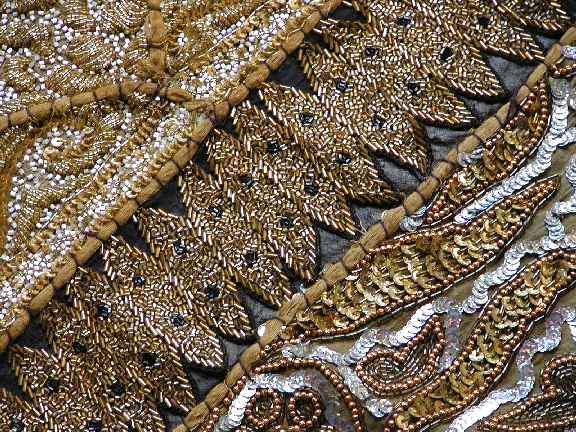===
0085,
2
===

=== |
 |
qadr : 'Greatness, dignity, honour, rank, power; importance, consequence; worth, merit; estimation, appreciation, account; value, price'. (Platts p.788)
matāʿ : 'Merchandise; goods, chattels, furniture; clothes, effects; utensils; valuables'. (Platts p.990)
FWP:
SETS
MOTIFS == COMMERCE; SCRIPT EFFECTS
NAMES
TERMSThe speaker/seller is resigned to the outcome, and perhaps also determined not to subject the 'merchandise of the heart' to further public display and humiliation. Now he's 'brought it back', he's taken it off the market, it's no longer available. Perhaps nobody was willing to pay anything for it, or perhaps it was simply that (in auction terms) his reserve price wasn't met.
For he might have been asking some lofty and extreme price for it-- and then when people wouldn't pay that amount, he withdrew in a huff from the marketplace, put off by their lack of 'appreciation'. Now, he implies, he and his heart are together in the humble and/or arrogant retirement they ought never to have left.
Surely meñ maiñ counts as a script effect, since these two unrelated words normally look identical in Urdu script. But other than providing a moment of amusement, it doesn't do any work in the verse.
Note for grammar fans: The verb lānā , 'to bring', originated as a contraction of le ānā 'having taken, to come'. That's why it doesn't take ne , even though it clearly functions as a transitive verb.